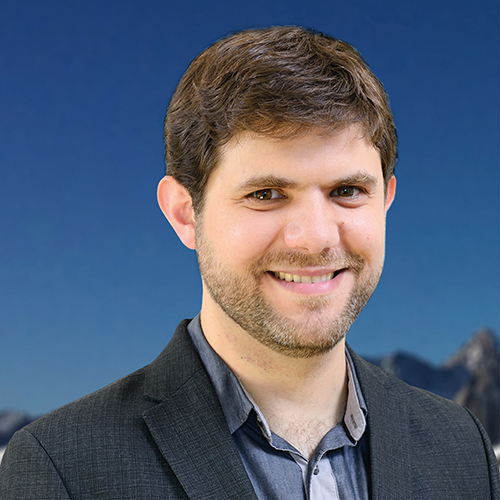
The search for Earth and the need for an ethical revolution in the Anthropocene
15.02.2019 13:58
Geoscientist, the fellowship magazine of the Geological Society of London, has commissioned an article by Branco Weiss Fellow Matthieu Galvez titled “Finding Earth”, for the year of carbon 2019. The text starts with a surprising question: “What is Earth?” From the replies that Galvez received from Branco Weiss Fellows Xavier Dumusque, Amar Vutha, Patrick Shih and Vanessa Rampton, it gets clear that the answer is not straightforward. Their replies, of course, differ greatly depending on the research fields of the respondents.
From a geoscientist’s viewpoint, Galvez says, Earth is difficult to define, because it is an ever-changing planet that has been shaped by biological evolution – especially since, in the Anthropocene, mankind has become a geological force. Ultimately, he argues that carbon is key to defining our planet. Not only does this element link the solid, fluid and biological components of Earth, it is also center-stage in the ethical dilemmas faced by humankind.
Just like bacteria, says Galvez, we have amassed technological power, thoroughly harvested energy and released waste, such as CO2, in the environment. But for the first time in geological history, mankind as a species has the capacity to choose and this changes everything. We have the capacity to care for the rare resources that we need – as all organisms do – but also for the well-being of all humans (including the most vulnerable) and ecosystems. The Anthropocene is not about our technologies, but about our relation to them and to our planet. This is in the realm of values and ethics: “I believe that the fundamental revolution of the Anthropocene can only be ethical. Will we be capable of restraint? The very nature of human intelligence is at stake”, concludes Galvez.
Read the article on the Geoscientist website
